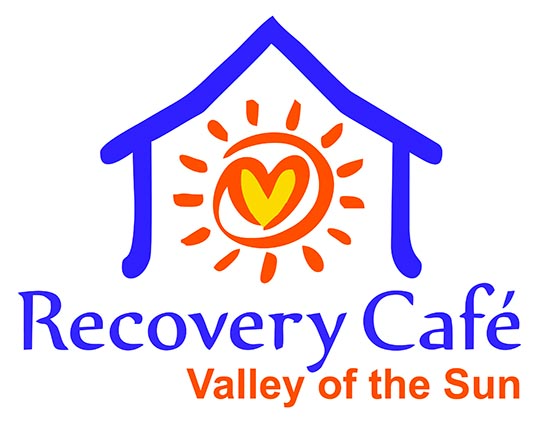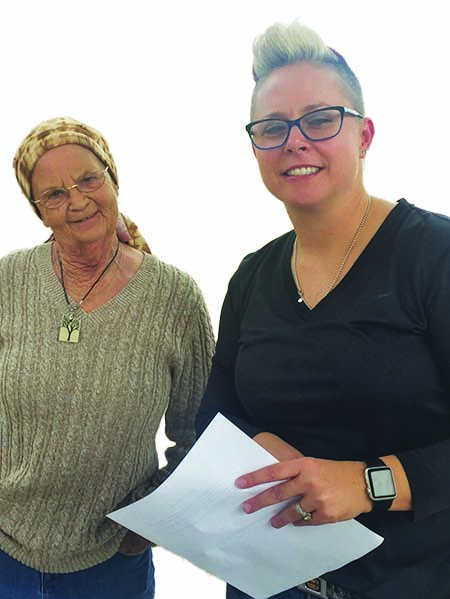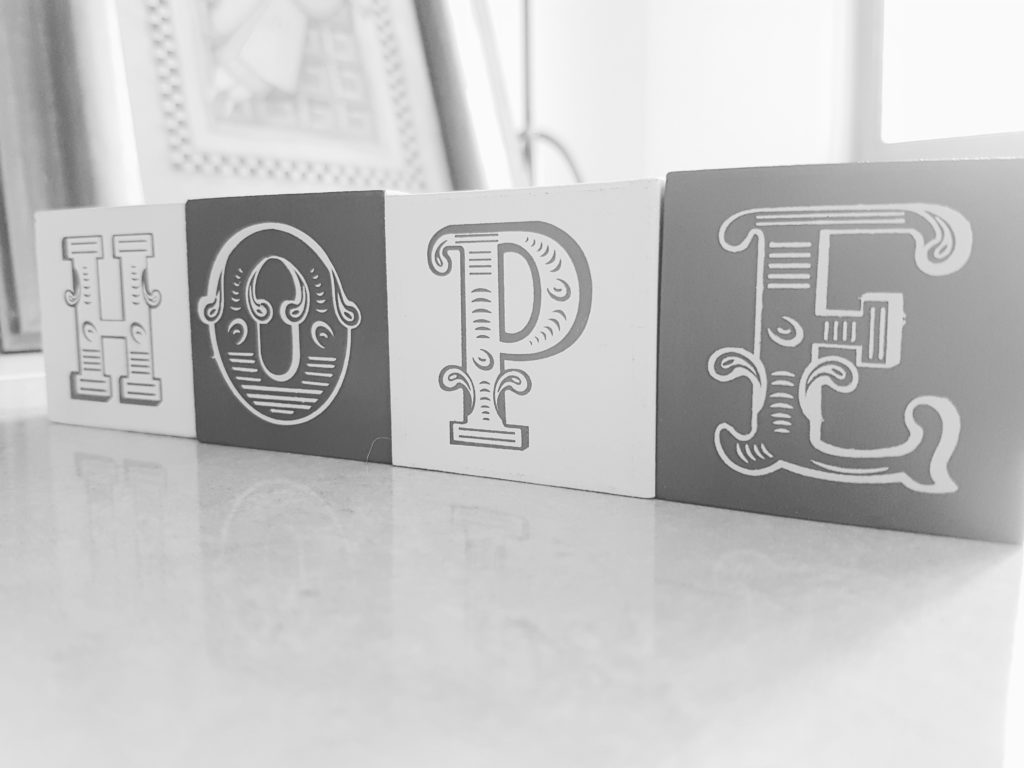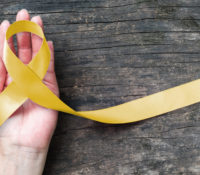My coaching client Sara had agreed to a business dinner with a fellow she found quite difficult to work with after she made the appointment. Now, the morning before the...
My coaching client Sara had agreed to a business dinner with a fellow she found quite difficult to work with after she made the appointment. Now, the morning before the dinner, she was looking for a way to get out of it. “When I went to the store this morning, my car had trouble starting,” she told me. “When that happened, I found myself hoping it wouldn’t start so I would have an excuse to not show up for the meeting.”
I told Sara, “You don’t have to create a broken car to avoid the meeting. You can just cancel it if you like.”
“Yes,” she concurred. “Now I see that my hope for the non-starting car was showing me what I really wanted to do. I just needed to find the courage to do it.”
Business leader and philanthropist David Mahoney said, “Trust your hopes, not your fears.” If you have a difficult decision before you, ask yourself, “What am I hoping will happen?” In the answer is your guide to your likely best path.
You don’t have to create adverse circumstances to find a reason to do what you wish to do or avoid what you do not wish to do. Just be honest. A caller phoned my radio show (hayhouseradio.com) and explained that after her messy divorce a few years earlier, she had put on a bunch of weight, and even though she had tried various diets and exercise regimes, she couldn’t get the weight off. I asked her, “Is there any way you believe the extra weight serves you?”
She thought for a moment and answered, “Since my divorce I don’t really want to get involved with a man. Maybe on some level I believe that the extra pounds make me less attractive and I won’t have to think about having a relationship.”
I thanked her for her honesty and suggested, “If you don’t want to be with a man, you can just say no. You don’t have to use the weight to speak for you. You can claim your choice directly.”
The question, “What would you like to do?”
…..Is one of the hardest questions for many people to answer. We have been conditioned to think about what our parents, religion, spouse, boss, or culture want us to do, leaving our true choice buried under a massive pile of “shoulds.” On the first day of a weekend seminar a fellow told me, “My ex-wife wants me to do one thing, my kids want me to do another, and my girlfriend is pushing me in another direction. I don’t know what I should do.” I asked him, “What would you like to do?” A stunned look washed over his face as he answered, “I never thought about that.”
I told him to give that important question some thought and let me know what he came up with.
At the next day’s seminar meeting he stood and reported to the group, “Alan Cohen healed me yesterday! When I thought about what I really wanted to do, I got totally clear and found a path that was satisfying for me and would work for everyone as well.”
I don’t claim any credit at all for healing that man. All I did was ask him what he really wanted to do. His honest answer opened the door for his awakening. Truth heals.
We don’t always achieve the situation we are hoping for, but stating our intention definitely ups the chances to attract that result. We do best to state the experience we are hoping for, and allow the universe to arrange the details. Rather than demanding the physical characteristics, age, or income of your desired mate, you can state, “I want a relationship that is harmonious, mutually supportive, joyful, and based on shared spiritual values.” That kind of request gives the universe far more latitude to bring you what you want than narrowing your hope down to specifics that leave out what’s really important.
The key to getting what you hope for is to know that you are worthy to have it. Your hopes represent a pipeline to the place deep inside you that knows you deserve good. That inner well of worth may be buried under years of training to the contrary, but it cannot be lost. It is there. The part of you that hopes for your good indicates that you remember you are here for a good purpose, you are loved, and the universe can and will deliver your blessings. Reality can be submerged, but never destroyed. Trusting your hopes and acting on them increases the size of that crucial pipeline such that it becomes easier and easier to tap into your worth and live from it. Acting on your hopes is the greatest investment you can make in yourself.
You don’t have to manufacture problems as shields to keep what is unattractive or detrimental at a distance. You can claim your right to your good without playing games or making excuses. Honesty is your best friend on your spiritual path. While telling the truth may be uncomfortable at times, if you are sincere, it will take you to where you want and need to be. Then you won’t have to just hope for your good. You will be living it.
Alan Cohen is the bestselling author of the newly-released Spirit Means Business, illuminating how you can successfully merge your career and financial path with your spiritual life. He will present a program related to this book on the US Mainland (west coast) in August. For more information about this program, Alan’s books and videos, free daily inspirational quotes, online courses, and weekly radio show, visit www.AlanCohen.com.
A relapse doesn’t begin when you pick up a drink or a drug. It is a slow process that begins long before you actually use. The steps to a relapse are actually changes in attitudes, feelings, and behaviors that gradually lead to the final step, picking up a drink or a drug.
Researchers Terence T. Gorski and Merlene Miller identified a set of warning signs or steps that typically lead up to a relapse. Over the years, additional research has confirmed that the steps described in the Gorski and Miller study are reliable and valid predictors of alcohol and drug relapses.
Change in Attitude
For some reason, you decide that participating in your recovery program is just not as important as it was. You feel something is wrong, but can’t identify exactly what it is.
Elevated stress
An increase in stress in your life can be due to a major change in circumstances or just little things building up. Returning to the “real world” after a stint in residential treatment can present many stressful situations. The danger is if you begin over-reacting to those situations. Be careful if you begin to have mood swings and exaggerated positive or negative feelings.
Reactivation of Denial
This is not the denial that you have a drug or alcohol problem, it’s denial that the stress is getting to you. You try to convince yourself that everything is OK, but it’s not.
You may be scared or worried, but you dismiss those feelings and you stop sharing those feelings with others.
Recurrence of Withdrawal Symptoms
Anxiety, depression, sleeplessness and memory loss can continue long after you quit drinking or doing drugs. Known as post acute withdrawal symptoms these symptoms can return during times of stress. They are dangerous because you may be tempted to self-medicate them with alcohol or drugs.
Behavior Changes
You change the daily routine you developed in early sobriety that helped you replace your compulsive behaviors with healthy alternatives. You might begin to practice avoidance or become defensive in situations that call for an honest evaluation of your behavior.
Social Breakdown
You may begin feeling uncomfortable around others and making excuses not to socialize. You stop going to your support group meetings or cut way back on the number of meetings you attend. You begin to isolate yourself.
Loss of Structure
Abandon the daily routine or schedule you developed in early sobriety.
Loss of Judgment
You have trouble making decisions or you make unhealthy decisions. It may be hard to think clearly and you become confused easily. You may feel overwhelmed for no apparent reason or not being able to relax. You may become annoyed or angry easily.
Loss of Control
You make irrational choices and are unable to interrupt or alter those choices, or actively cut off people who can help you. You begin to think you can return to social drinking and recreational drug use and you can control it. You may begin to believe there is no hope. You lose confidence in your ability to manage your life.
Loss of Options
You begin to limit your options. You stop attending all meetings with counselors and your support groups and discontinue any pharmacotherapy treatments. You may feel loneliness, frustration, anger, resentment, and tension, helpless and desperate.
Final Stage: Relapse
You attempt controlled, “social” or short-term alcohol or drug use, but you are disappointed with the results and experience shame and guilt. You quickly lose control and your alcohol and drug use spiral further out of control. This causes you increasing problems with relationships, jobs, money, mental and physical health. You need help getting sober again.
Relapse Is Preventable
Relapse following treatment for drug and alcohol addiction is common and predictable, but it is also preventable. Knowing the warning signs and steps that lead up to a relapse can help you make healthy choices and take alternative action.
If a relapse does happen, it is not the end of the world. If it happens, it is important that you get back up, dust yourself off and get back on the path to recovery.
Sources:
National Institute on Drug Abuse. “Principles of Drug Addiction Treatment: A Research-Based Guide.” Revised 2012.
National Institute on Drug Abuse. “An Individual Drug Counseling Approach to Treat Cocaine Addiction: The Collaborative Cocaine Treatment Study Model.” Accessed May 2009.
Miller, WR, et al. “A Simple Scale of Gorski’s Warning Signs for Relapse.” Journal of Studies on Alcohol.
(source: Reach out Recovery)































